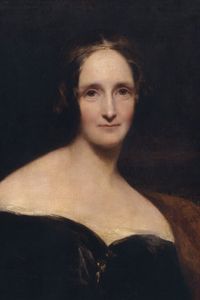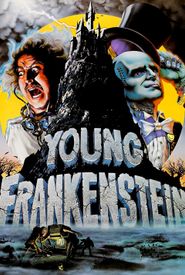Mary Wollstonecraft Shelley was an English novelist, short story writer, dramatist, essayist, biographer, and travel writer born on August 30, 1797. She is best known for her Gothic novel "Frankenstein: or, The Modern Prometheus" published in 1818.
Mary was raised by her father, William Godwin, a political philosopher, after her mother's death when Mary was just a month old. Godwin provided her with a rich, informal education, encouraging her to adhere to his liberal political theories. When Mary was four, her father married a neighbor, with whom she had a troubled relationship.
In 1814, Mary began a romance with Percy Bysshe Shelley, a married man and one of her father's political followers. They left for France and traveled through Europe with Mary's stepsister Claire Clairmont. After the death of Percy's first wife, Harriet, they married in late 1816.
The couple famously spent a summer with Lord Byron, John William Polidori, and Claire Clairmont near Geneva, Switzerland, where Mary conceived the idea for her novel "Frankenstein". The Shelleys left Britain in 1818 for Italy, where their second and third children died before Mary gave birth to her last and only surviving child, Percy Florence Shelley.
In 1822, her husband drowned when his sailing boat sank during a storm near Viareggio. A year later, Mary returned to England and devoted herself to the upbringing of her son and a career as a professional author. The last decade of her life was dogged by illness, probably caused by a brain tumor that killed her at the age of 53.
Until the 1970s, Mary Shelley was known mainly for her efforts to publish her husband's works and for her novel "Frankenstein", which remains widely read and has inspired many theatrical and film adaptations. Recent scholarship has yielded a more comprehensive view of Mary Shelley's achievements, showing that she remained a political radical throughout her life and argued that cooperation and sympathy, particularly as practiced by women in the family, were the ways to reform civil society.
































































